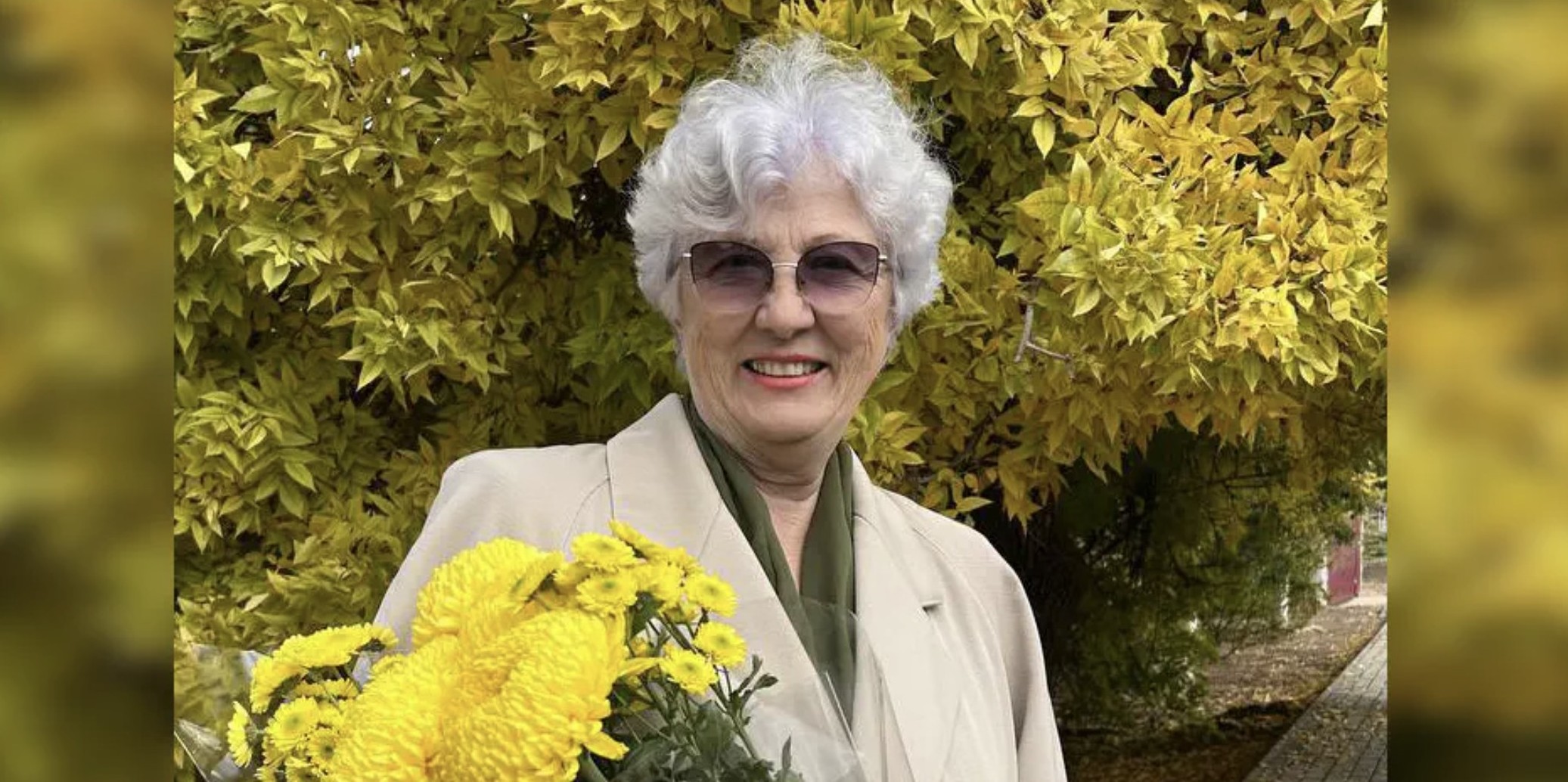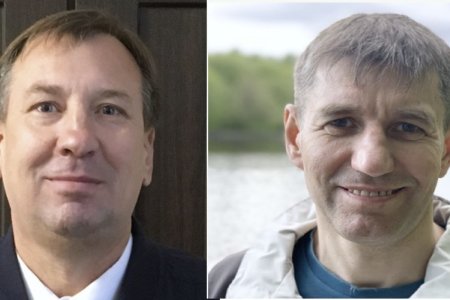
A ‘court’ in Russian-occupied Crimea has convicted Tamara Bratseva of ‘organizing the activities of an extremist organization’ for her study of the Bible and worship. Although the sentence of six years and three months against the 70-year-old retired engineer at present is suspended, the Crimean ‘prosecutor’ had twice demanded a real 6-year sentence. In all cases where the prosecutor has lodged an appeal, the second ‘court ‘ has invariably provided the sentence sought.
On 7 August 2024, armed enforcement officers burst into the homes of Jehovah’s Witnesses in three different parts of Crimea. Although they removed all electronic devices, demanding to know passwords to them, and also tried to grill the Jehovah’s Witnesses about fellow believers, criminal charges were only laid against Tamara Bratseva (b. 28 September 1955). She was charged under Article 282.2 § 1 of Russia’s criminal code (‘organizing the activities of an extremist organization’), but was only forced to sign an undertaking not to leave the area.
Both the ‘operation’ and the criminal charges against Bratseva were under the control of R. A. Merkulov, a senior investigator from Russia’s Investigative Committee’ in occupied Crimea.
Although Russian propaganda media invariably claim that the FSB ‘broke up an extremist organization’, etc. the ‘investigators never made any attempt to present Bratseva’s actions as anything other than those of a person practising her faith. It was claimed that she had “organized … collective religious worship… by publicly playing audio and video-recordings … and subsequently sing songs.” The tragic part of these ‘trials’ is that nothing more is needed. Russia’s supreme court issued a profoundly lawless ruling on 20 April 2017 banning the Jehovah’s Witnesses as ‘an extremist organization’, For a ‘conviction’, it is enough to prove that a person is a Jehovah’s Witness, something that they are most unlikely to deny.
The indictment against Bratseva was passed to the occupation ‘Rozdolne district court’ on 18 November 2024, with the ‘trial’ to be heard by ‘judge’ Maria Bedritskaya.
In February 2025, Tamara Bratseva’s husband had a bad accident and ended up in hospital, where he was found to have a brain tumour. The couple have been together for 50 years, with fears for her husband’s life only exacerbating the enormous strain on Bratseva’s health (on her blood pressure, for example) that the ‘trial’ was having.
As has become standard in Russia’s political and religious persecution, ‘the prosecution has produced, and the ‘court’ has allowed the ‘testimony’ of secret witnesses’, although there could be no valid reason for a person not revealing his or her identity.
In July 2025, the ‘prosecutor’ demanded that Tamara Bratseva receive a real sentence of six years and four months. In her final address soon after this, Tamara Bratseva affirmed her faith and strength of conviction, stressing that nothing will be changed by a guilty verdict. “I will continue to love Jehovah and bow solely to him”.
On 18 July 2025, the ‘judge’ unexpectedly announced that the ‘case’ was being returned to investigation stage.
This changed little, with the prosecutor, on 14 October 2025, once again demanding a sentence of six years and four months. Bedritskaya was willing to ‘convict’ a person of ‘extremism’ for practising their faith, but did, at least, pass a suspended sentence of six years and three months. The defence will surely appeal against any conviction. It remains to be seen whether the prosecution does the same.
Russia has brought criminal charges against 33 believers from occupied Crimea, and is beginning to extend such religious persecution to Ukrainian territory seized since 2022. Most of the ‘trials’ have ended up, from the outset, or after appeal, with a long term of imprisonment.
See also:
Russia sentences Crimean Jehovah’s Witness to six years 'for reading religious texts'
First criminal charges and imprisonment for studying the Bible in Russian-occupied Donbas
Two Jehovah’s Witnesses in Russian-occupied Crimea sentenced to 6 years for studying the Bible online (scroll down for details about other cases of persecution of Jehovah’s Witnesses)



